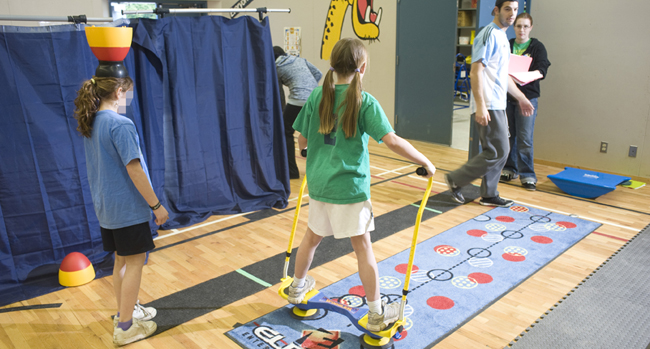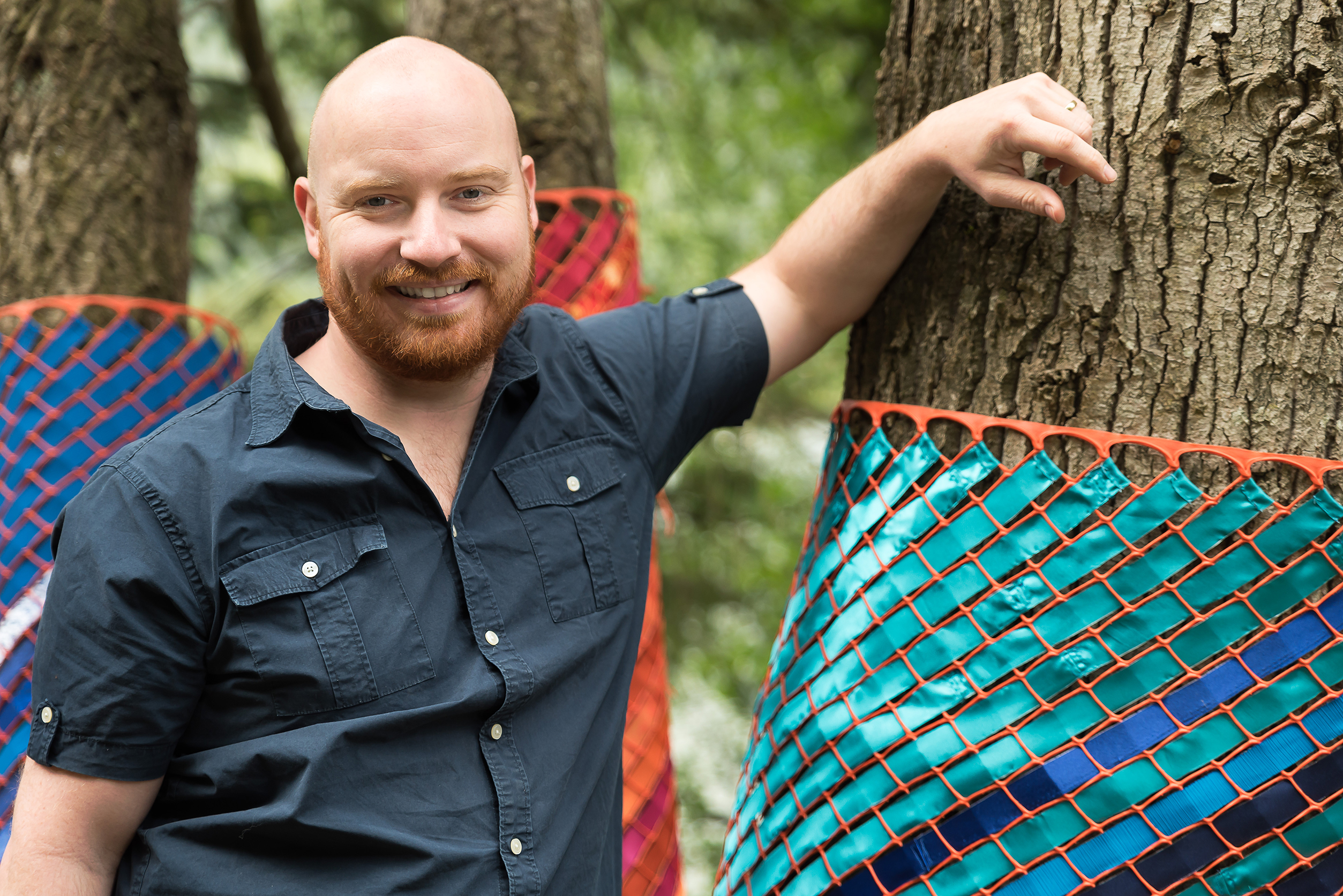New UFV video game program for children with FASD seeks participants

Hanging around playing video games may sound like fun, but it is also part of a University of the Fraser Valley research project focused on kids with Fetal Alcohol Spectrum Disorder.
UFV has been running FAST Club, an after-school motor-skills program for children with FASD for the past three years. New this year is an after-school video game program called BrainGamers Club. Both projects have a mission of helping children tap into their inner strengths with regards to their motor skills and gaming skills, and investigating whether the impacts of these activities cross over into other areas. FAST Club is almost full for this year, but there is still room for more children in the winter session of the new BrainGamers Club, which runs for 24 sessions, twice a week from January until April.
“A typical approach to treating children with FASD involves focusing on their weaknesses. We do assessments and target their best areas and give them choices about what skills they want to improve upon,” says Dr. Chris Bertram, UFV Kinesiology program head and one of the project researchers. “We have seen positive changes in other brain functions after participating in our FAST club.”
The researchers are now looking for more children with an FASD diagnosis to participate in BrainGamers, the new neurofeedback video game program. The BrainGamers project is based at the UFV Abbotsford campus. Some help with transportation may be available.
BrainGamers participants will be playing specially developed video games while their brainwaves are measured through a cap they will wear.
“If the brain area we’re focusing on becomes overactive or underactive, the visual appearance of the screen will change. The only way the child will be able to fix the screen will be by altering the electrical output of the brain. We’re hoping that over time if the brain patterns change, we’ll see some positive behavioural outcomes, as has been the case in studies of children with other developmental disabilities,” says Bertram.
While the kinesiologists and other scientists involved in the program are interested in research outcomes, for the participating children, it’s just plain fun.
“There are very few programs offered just for kids with an FASD diagnosis,” says Alison Pritchard-Orr, another member of the UFV research team. “This is a university-run project where the children get to work with enthusiastic university students who also enjoy the program. It’s a definite plus for them to get this kind of attention. And the activities they do are based on their strengths and specifically tailored to them.”
Through these projects, UFV is connected to two multi-university partner Centres of Excellence: NeuroDevNet, which focuses on Autism, Cerebral Palsy, and FASD and has received $30 million in federal funding, and GRAND, a group focused on graphics animation and new media development in connection with Canadian research investigating the potential uses of video games for diagnosis and treatment of childhood brain disorders.
To find out more about these opportunities for children with FASD, contact:
- Project Director : Alison Pritchard Orr at 604-504-7441 (loc.4755) or email: alison.pritchardorr@ufv.ca or
- Program Coordinator: Dorothy Henneveld at 604-504-7441 (loc. 4113) email: Dorothy.henneveld@ufv.ca
Or check the UFV FASTclub website.
Media contact: Anne Russell
Cell: 604-798-3709
Office: 604-795-2826
anne.russell@ufv.ca




